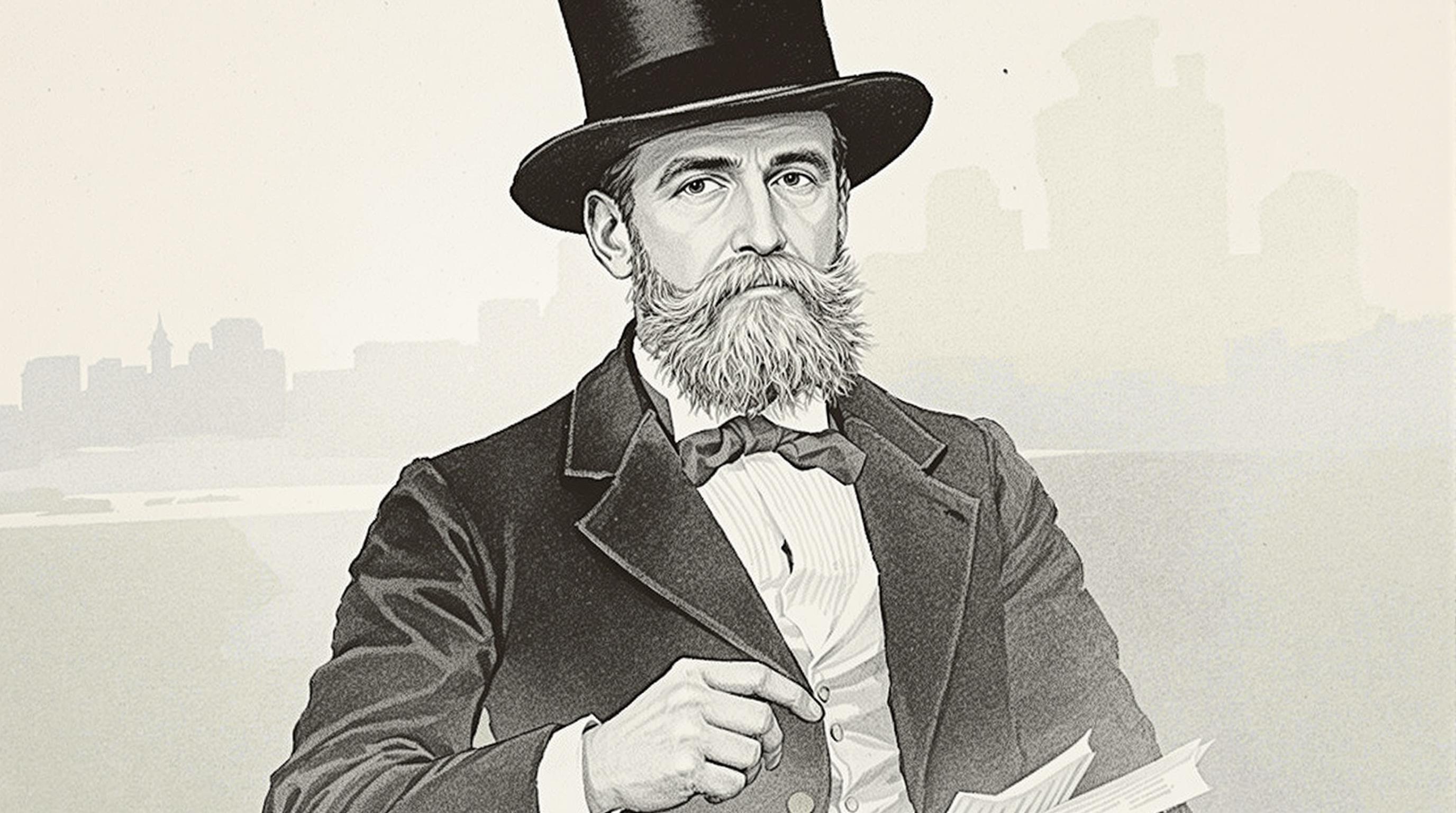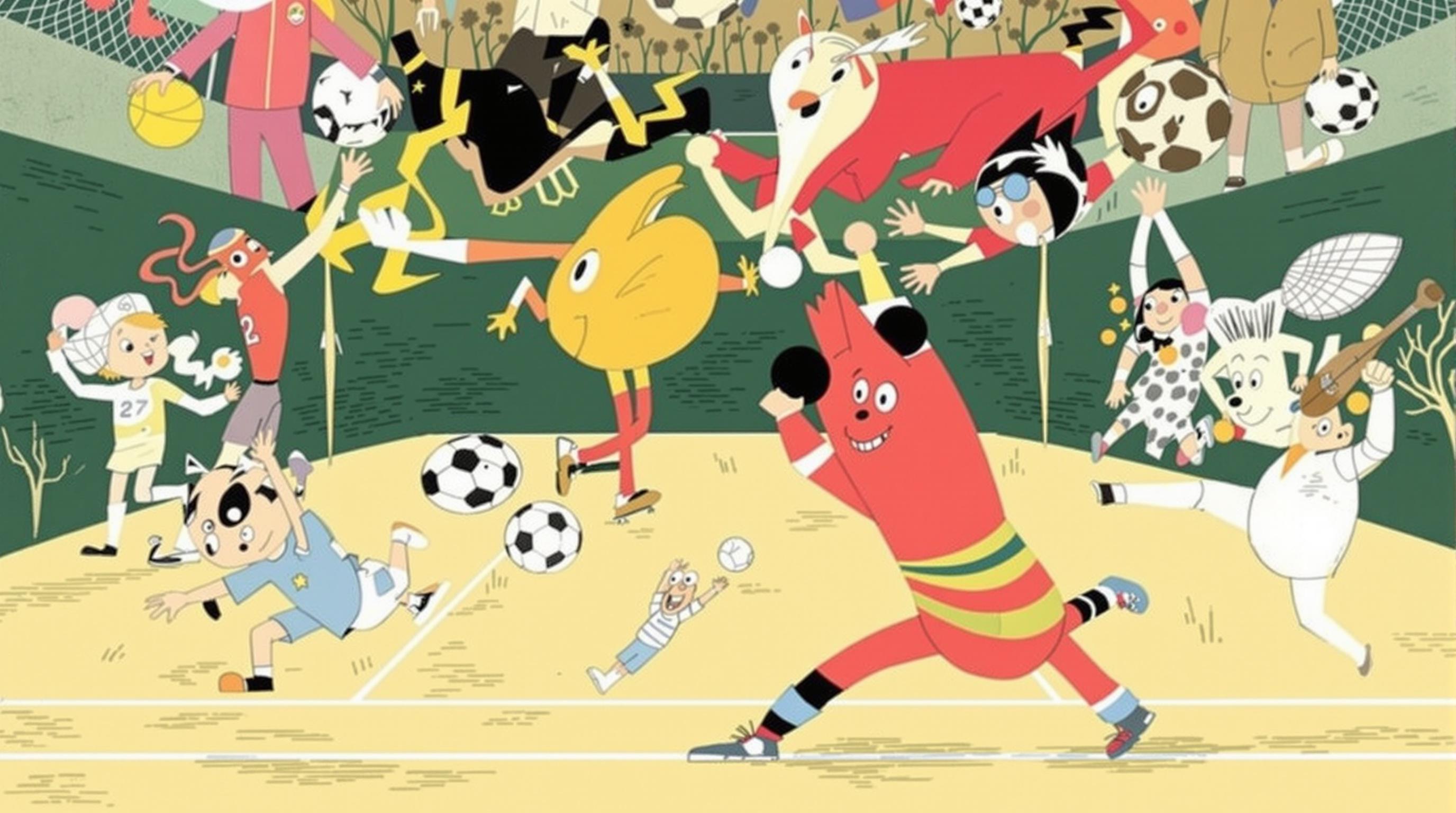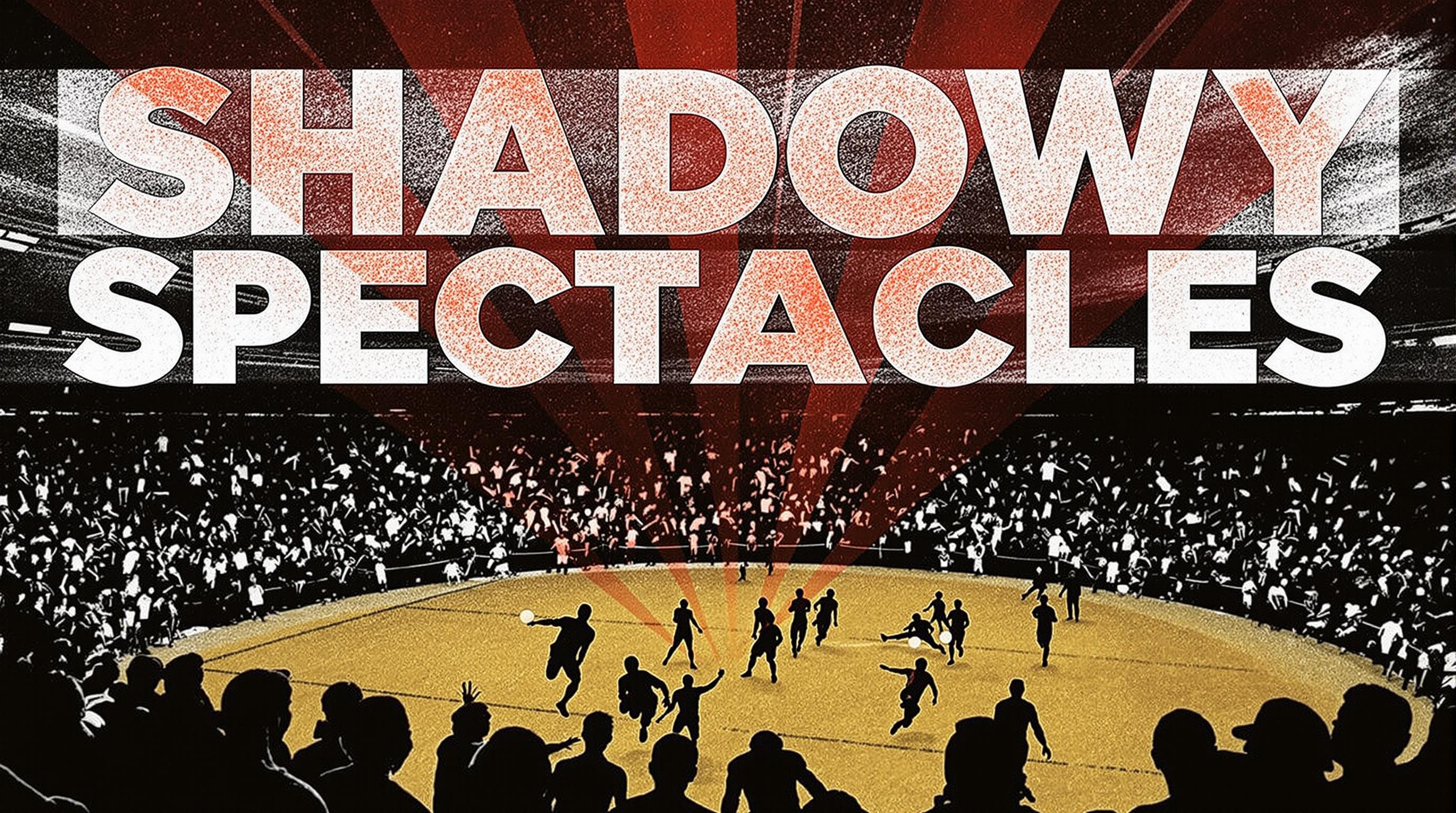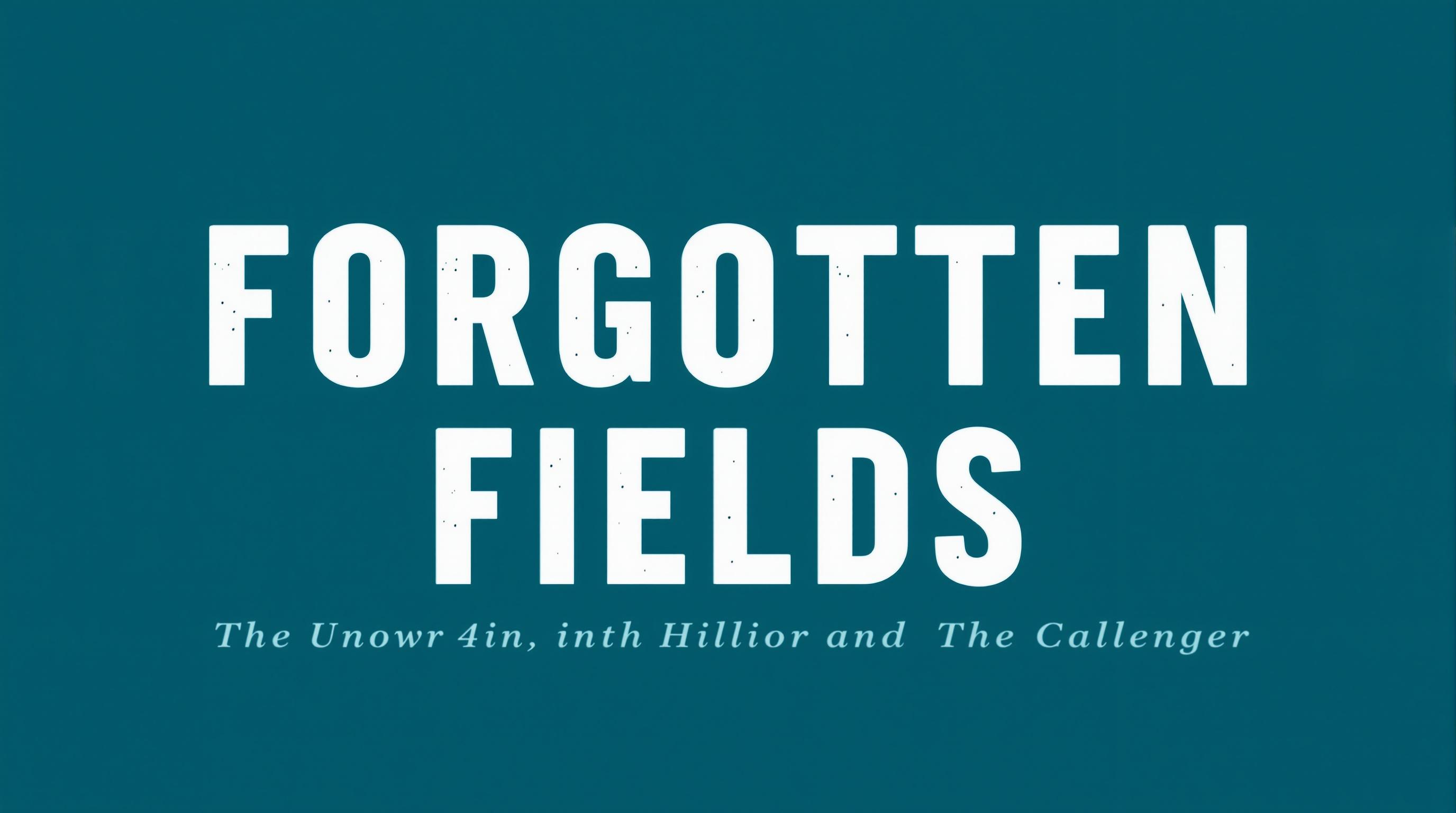Related Articles
- Sporting Rituals: The Curious Connections Between Athletic Events and Ancient Traditions of Worship and Community Bonding
- Game On: The Surprising Influence of Sports on Fashion Trends and Personal Identity in Youth Culture
- Rituals and Rites: How Competitive Sports Influence Cultural Practices in Spiritual and Indigenous Communities
- Sports as Social Glue: Examining the Bond Between Athletic Rivalries and Neighborhood Integration
- Spectacles of Strife: How Weather Patterns Disrupted Historic Sports Events and Changed Athletes' Fortunes
- Bizarre Beginnings: The Unwritten Rules of Quirky Sports and Their Role in Shaping Modern Athletics
Unearthing the Unruly: How Politics and Sports Collided in 19th Century Competitive Events
Unearthing the Unruly: How Politics and Sports Collided in 19th Century Competitive Events
In the 19th century, competitive sports weren't just about athletic prowess; they were battlegrounds for political ideologies, national pride, and social change. This fascinating intersection of sports and politics reveals how sports became a reflection of society's tumultuous dynamics, showcasing issues from class struggles to national identity.
Introduction
Imagine a dusty English village, the year is 1825. A crowd gathers around a makeshift ring where two young men prepare to engage in a bare-knuckle boxing match. This isn’t just a sport; it’s a display of strength and community, but unbeknownst to them, it represents much more—a clash of social classes and political tensions simmering beneath the surface.
The Rise of Organized Sports
In the 19th century, sports began to transition from informal gatherings to organized competitions. The establishment of standardized rules and formal clubs gave rise to iconic team sports like football (soccer), cricket, and rugby, all of which became embroiled in national and political narratives. The Football Association was founded in England in 1863, creating a defining moment in the sport’s history and serving as a reflection of broader societal changes. Sudden growth in participation rates rounded off with over 4,000 clubs emerging by 1900 showcased how the lines between politics and athletics were becoming increasingly blurred.
Class and Sport: The Battle of Values
Sports in the 19th century were often perceived through the lens of social class. The aristocracy viewed activities like cricket as gentlemanly pursuits, while the working class found solace in rougher sports such as boxing and wrestling. This dichotomy can be illustrated with the example of boxing itself—a popular sport among the lower class that often sparked debates about violence and morality. In 1867, the introduction of the Marquess of Queensberry rules sought to legitimize boxing, but it also entangled it more deeply in discussions about propriety and class distinction.
The Olympics: A Stage for Political Statements
The modern Olympic Games, founded in 1896, were initially promoted as an apolitical event focusing on unity and sportsmanship. However, the reality was starkly different. The Games quickly became a platform for nations to assert their identities and communicate political messages. A prime example occurred in 1936 when the Berlin Olympics, hosted by Nazi Germany, showcased an aggressive form of nationalism, drawing worldwide attention to the political climate of the time. Jesse Owens's triumph over German athletes, particularly under Adolf Hitler’s gaze, served as a blazing reminder of the sport’s power in challenging racial ideologies.
Story of the 1900 Paris Exposition
The 1900 Paris Exposition is a curious case blending sports and politics. For the first time, women were allowed to compete, with tennis, golf, and croquet joining the lineup. However, questions lingered: Were they tokens of progress, or mere footnotes in a preserved male-dominated athletic history? This opening for women foreshadowed the burgeoning feminist movements that emerged in subsequent decades. The scene was not one of simple or joyful progression but a complicated narrative battling debates about gender and equality.
The Farcical Aspect: Jousting Meets Rhythmic Movement
Let’s take a moment to chuckle at how absurd the past can be. Consider the “genuine” sport of amateur jousting that flourished among nobility, where knights donned armor and gallantly charged on horseback, often in festivals more absurd than competitive. This exaggerated play led to a unanimous agreement: some sporting traditions prioritized style over substance! Eventual parliamentary decrees to stop jousting competitions deemed them ‘unseemly’ were ironically overshadowed as forms of benign political correctness. It’s hard not to smile at the clashing knights, oblivious to the political ramifications deemed by their royal onlookers.
Soccer and National Identity
In Britain, soccer emerged as much more than a sport; it became an intrinsic part of national identity. The beautiful game took center stage not just in stadiums but also on the political landscape. Anecdotally, it made a strong case with the formation of the International Football Association Board in 1886, signifying an organization that could dictate rules harmonizing different nationalities. Why is that relevant? Well, because the very fabric of society's views on teamwork and nationality emerged through these matches. When England faced off against Scotland, it was a showdown of cultures that unleashed underlying rivalries.
The American Case: Baseball and Ethnic Identity
In the United States, baseball evolved into a means of shaping ethnic identities, particularly through the waves of immigration during the 19th century. The sport’s early players were predominantly white Anglo-Saxons, but as more non-native individuals joined the game, baseball transformed into a mirror reflecting American society. Satchel Paige, Hank Aaron, and Jackie Robinson's iconic contributions in the 20th century were monumental, but they built their successes on a foundation cemented in 19th-century struggles over race and inclusion.
A Dystopian Underbelly: Political Manipulations
But here’s where it gets weird—politics didn’t just shape sports; it manipulated them. Take the infamous 1919 Black Sox scandal, where eight players from the Chicago White Sox were found guilty of colluding with gamblers to lose the World Series. This scandal’s reverberations highlighted how frail the line between fair competition and corrupt dealings had become. Fans felt a betrayal; for many, baseball represented America's past-time, a spirit untainted by the grime of political intrigue. Spoiler alert: Following this scandal, the Commissioner's role was bolstered, ultimately leading to a profound reshaping of baseball governance.
Impact of Sports on Social Reforms
Sports often acted as a catalyst for social reforms and brought about awareness. The 19th-century establishment of sporting clubs presented opportunities for working-class men and women to engage in physical activity, undermining prevailing norms surrounding gender roles and class divisions. Frances Willard and the Women's Christian Temperance Union successfully campaigned for women's rights, using sports as one of their platforms, promoting activism through athletics as a force for social change. In fact, statistics show that by the turn of the century, female participation in sports had doubled, showcasing an undeniable correlation with movements pushing for gender equality and temperance.
The Lasting Legacy
Fast forward to the present day, and the legacies of these 19th-century occurrences remain palpable. The intersections of politics and sports are more pronounced than ever, from athletes leveraging social media for activism to global tournaments becoming showcases for national pride. Notably, the Black Lives Matter movement captured the sports arena, reminiscent of past protests echoing the cries for social justice. Reflecting back on this historical tumult, it’s heartening to know that what started as a battle for social class and cultural identity has evolved into a contemporary forum advocating for change.
Conclusion
The collision between politics and sports during the 19th century laid essential groundwork for understanding modern societal debates. Sports emerged not only as a measure of athletic skill but as an arena where national narratives, class disparities, and social justice issues could be articulated. As the lines between athletics and societal matters blur with every passing day, one truth remains: the field (or ring, or court) has always had more influence on our lives than we cared to admit.
So next time you watch your favorite team fight for glory or stand up for what they believe in, remember, there’s a lot more at stake than just the final score!





